10 Ways to Reduce Your Plastic Consumption
Plastic pollution is a pressing environmental concern that requires immediate action from individuals to make a difference. By making conscious choices in our daily lives, we can significantly reduce our plastic consumption and contribute to a cleaner planet for future generations. Here are ten practical ways to minimize the use of plastic and help combat this global issue.
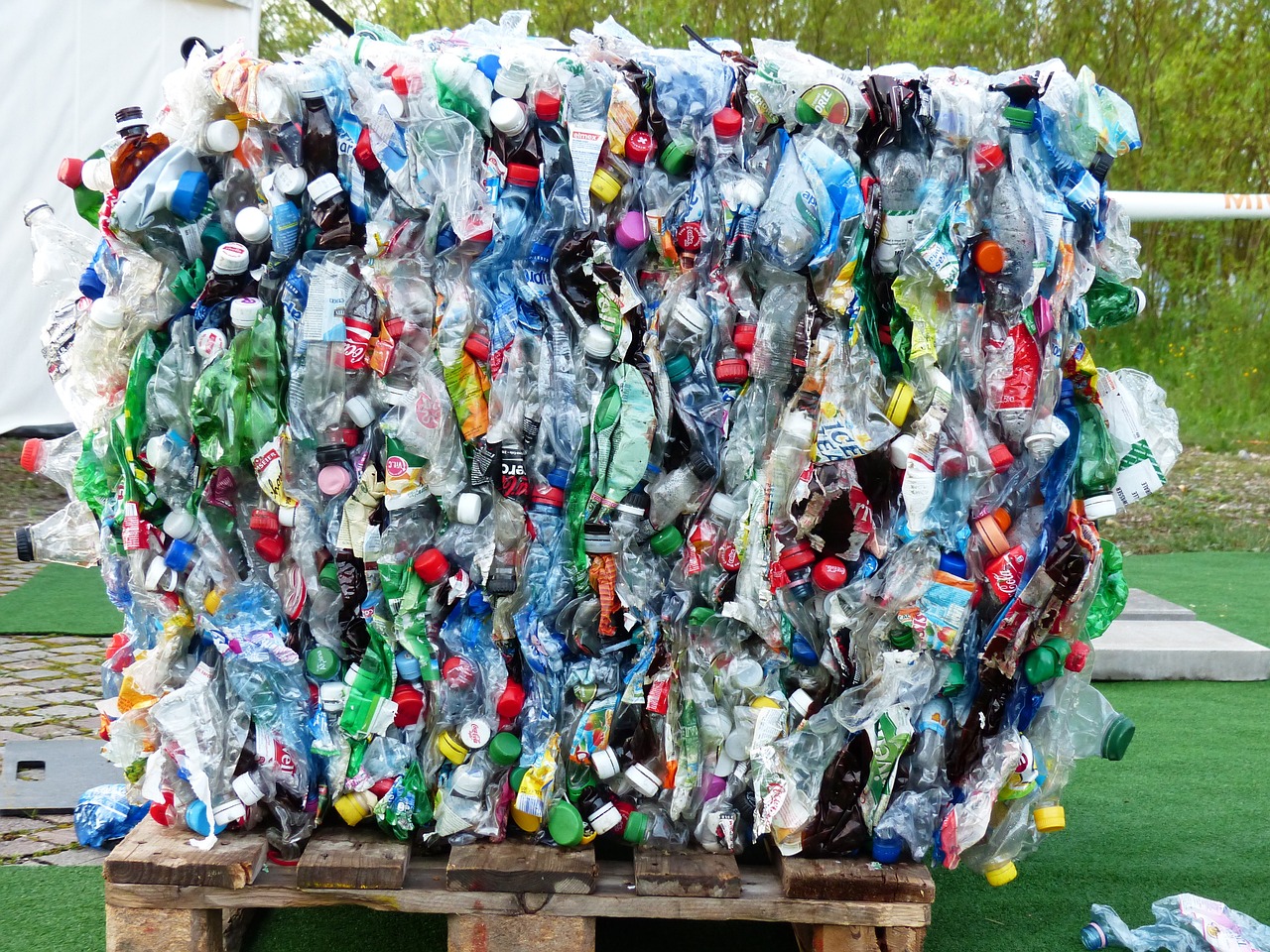
Avoid Single-Use Plastics
Single-use plastics are one of the biggest contributors to plastic pollution. These items, such as plastic bags, straws, and utensils, are often used briefly and then discarded, ending up in landfills or polluting our oceans. By making a conscious effort to avoid single-use plastics, you can significantly reduce your environmental impact and help protect the planet for future generations.

Choose Reusable Water Bottles
Choosing reusable water bottles is a simple yet impactful way to reduce plastic consumption in your daily life. By investing in a durable, refillable water bottle, you can significantly cut down on the need for disposable plastic bottles that often end up in landfills or oceans.
Not only does using a reusable water bottle help the environment by decreasing plastic waste, but it also saves you money in the long run. Instead of constantly buying single-use plastic bottles, you can refill your reusable bottle with tap water or filtered water, reducing the need for plastic production and disposal.
When selecting a reusable water bottle, consider options made from sustainable materials like stainless steel or glass. These materials are not only eco-friendly but also durable and safe for repeated use. Additionally, many reusable water bottles come in stylish designs and sizes, allowing you to express your personality while making a positive impact on the environment.
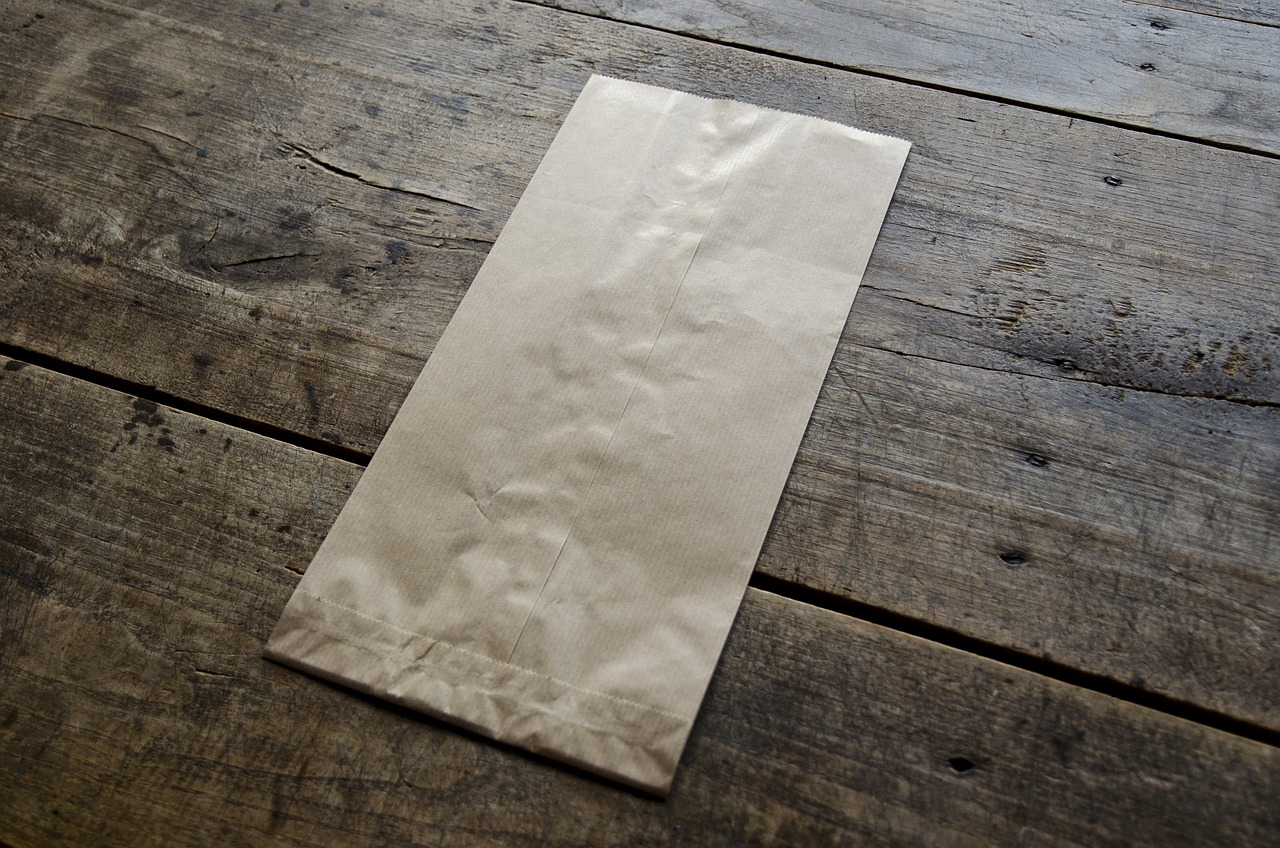
Use Cloth Shopping Bags
When it comes to reducing plastic consumption, one simple yet effective step is to switch to using cloth shopping bags. These reusable bags are not only durable but also eco-friendly, helping to minimize the use of single-use plastic bags that often end up polluting the environment.
By bringing your cloth bags when you go shopping, you can eliminate the need for plastic bags provided by stores. Additionally, cloth bags are versatile and come in various sizes and designs, making them a stylish and sustainable choice for carrying your groceries or other items.
Imagine a world where every shopping trip is accompanied by the rustle of reusable cloth bags instead of the crinkle of disposable plastic. This small change in your daily routine can have a significant impact on reducing plastic waste and protecting our planet for future generations.

Opt for Bar Soap
When it comes to reducing your plastic consumption, one simple yet effective swap is opting for bar soap over liquid soap in plastic bottles. By making this small change in your daily routine, you can significantly decrease the amount of plastic packaging waste generated in your bathroom.
Bar soaps are not only eco-friendly but also come in a variety of scents and formulations to suit different skin types. Additionally, bar soaps often use minimal or biodegradable packaging, further reducing their environmental impact compared to liquid soaps.
When selecting bar soaps, look for options that are free from harsh chemicals and are cruelty-free to ensure both your skin and the environment are well taken care of. Many brands now offer organic and natural bar soaps that are gentle on the skin and the planet.
By choosing bar soap, you not only contribute to reducing plastic waste but also embrace a more sustainable and mindful approach to personal hygiene. It's a small change that can make a big difference in the fight against plastic pollution.

Buy in Bulk
When it comes to reducing your plastic consumption, buying in bulk can be a game-changer. By purchasing items like grains, nuts, and spices in larger quantities, you can significantly cut down on the amount of single-use plastic packaging you bring into your home.
Imagine this: Instead of buying small plastic-wrapped portions of rice or nuts every week, you can opt for a big bag or container that lasts you for months. Not only does this reduce the plastic waste generated from individual packaging, but it also often works out to be more cost-effective in the long run.
Additionally, buying in bulk allows you to use your containers for storage, eliminating the need for disposable plastic bags or containers every time you make a purchase. This not only helps the environment but also gives you more control over the amount of plastic entering your household.
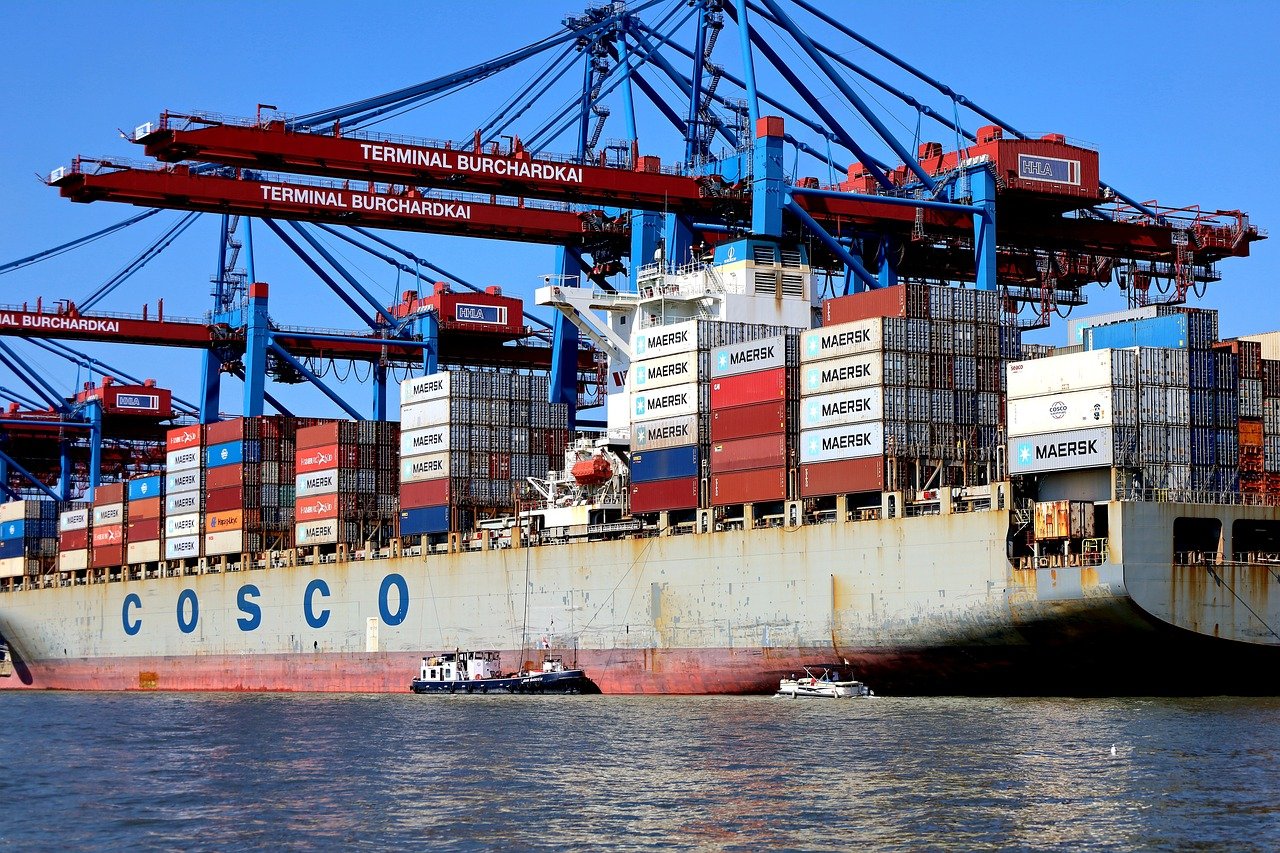
Choose Glass or Metal Containers
When it comes to reducing your plastic consumption, opting for glass or metal containers can make a significant impact. By choosing these alternatives over plastic containers, you not only minimize your exposure to harmful chemicals but also contribute to reducing plastic waste in the environment.
Glass containers are a popular choice for storing food due to their non-porous nature, which prevents them from absorbing food odors or stains. They are also durable and can be reused multiple times, making them a sustainable option for your kitchen storage needs.
Metal containers, such as stainless steel or aluminum, are another excellent choice for storing food items. They are lightweight, resistant to corrosion, and offer a long lifespan, reducing the need for frequent replacements. Additionally, metal containers are recyclable, further minimizing their environmental impact.
When transitioning to glass or metal containers, consider the versatility they offer. These containers can be used for storing a variety of foods, from leftovers to meal preps, without compromising the taste or quality of your dishes. Their transparent nature also allows you to easily identify the contents, making meal planning and organization more convenient.
Moreover, glass and metal containers are aesthetically pleasing and can add a touch of elegance to your kitchen shelves or refrigerator. Their timeless design ensures they remain stylish and functional for years to come, enhancing the overall appeal of your kitchen space.
By making the switch to glass or metal containers, you not only reduce your plastic usage but also promote a more sustainable lifestyle. These eco-friendly alternatives offer a practical and environmentally conscious solution for storing and preserving your food, aligning with your efforts to minimize plastic waste and protect the planet.
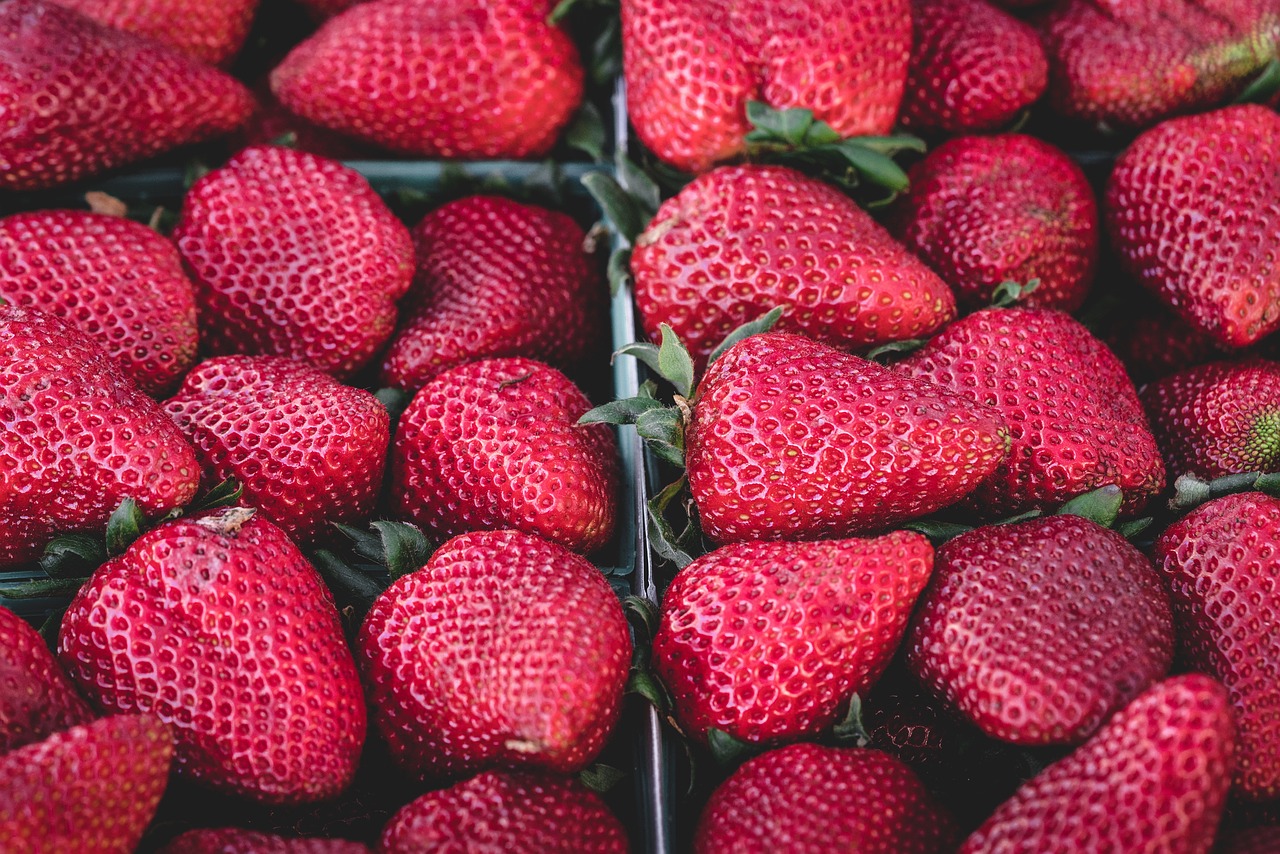
Shop Local and Seasonal
Plastic pollution is a significant environmental issue. Here are practical tips to help you minimize your plastic usage and contribute to a cleaner planet.
When it comes to reducing plastic consumption, shopping local and seasonal can make a big impact. By supporting local farmers and markets, you can cut down on the plastic packaging often found in imported and processed foods. When you buy produce that is in season and sourced locally, you are not only reducing the carbon footprint associated with transportation but also avoiding excessive plastic packaging that often accompanies products that have been shipped long distances.
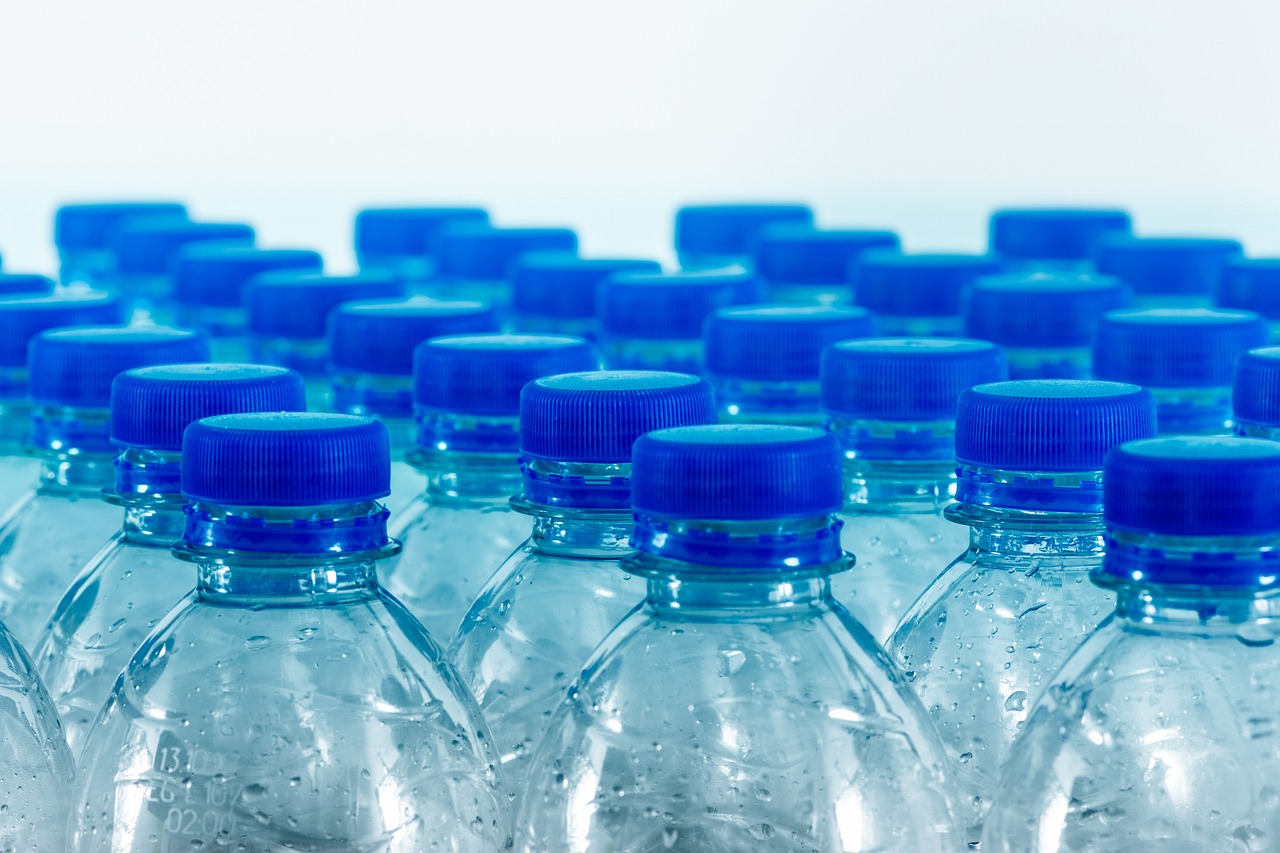
Avoid Excessive Packaging
When shopping, it's crucial to be mindful of the packaging that comes with the products you purchase. Opting for items with minimal packaging or packaging made from recycled materials can significantly reduce the amount of plastic waste generated. By choosing products that prioritize sustainable packaging, you not only contribute to minimizing plastic pollution but also support eco-friendly practices in the manufacturing industry.

Participate in Beach Cleanups
Participating in beach cleanups is a proactive way to directly contribute to reducing plastic pollution in our oceans. When you join these community events, you not only help in removing plastic waste from the beaches but also prevent it from being carried into the ocean by tides and winds. Imagine each piece of plastic you pick up as a potential threat to marine life, and every plastic bag you collect as a marine animal saved from harm.
These cleanups are not only about removing visible plastic debris from the shores but also about raising awareness among the public. By participating, you set an example for others and inspire them to take action towards a cleaner environment. It's like planting a seed of environmental consciousness that can grow into a forest of positive change.
Moreover, beach cleanups provide a sense of fulfillment and satisfaction, knowing that your efforts directly contribute to the well-being of our planet. It's a hands-on approach to environmental conservation that allows you to see the immediate impact of your actions. By spending a few hours picking up trash, you become a guardian of the ocean and a protector of marine ecosystems.
Frequently Asked Questions
- What are single-use plastics?
Single-use plastics are items designed to be used once and then thrown away. Examples include plastic bags, straws, utensils, and packaging.
- How can I reduce my plastic consumption when shopping?
You can reduce your plastic consumption when shopping by using reusable cloth bags, bringing your containers for bulk items, and choosing products with minimal or recycled packaging.
- Why is it important to avoid excessive packaging?
Avoiding excessive packaging is crucial because it helps reduce the amount of plastic waste generated, minimizes environmental impact, and promotes sustainable consumption habits.
- How can participating in beach cleanups help the environment?
Participating in beach cleanups helps remove plastic waste from beaches, prevents marine pollution, protects marine life, and raises awareness about the impact of plastic pollution.
- What are the benefits of using glass or metal containers over plastic ones?
Using glass or metal containers reduces exposure to harmful chemicals found in plastic, promotes food safety, and helps decrease plastic usage and waste.



















